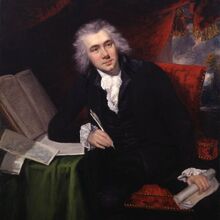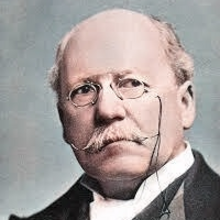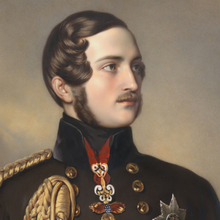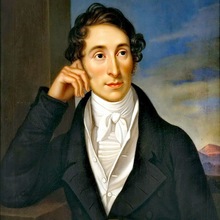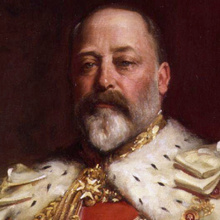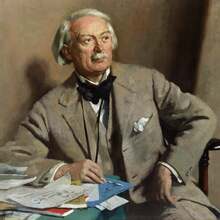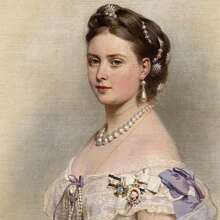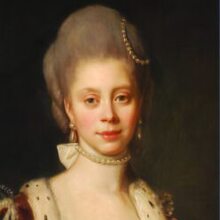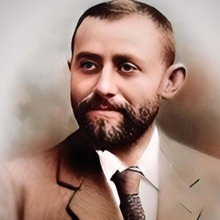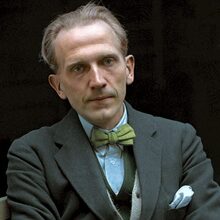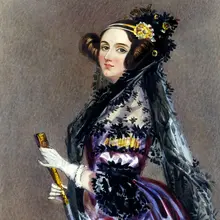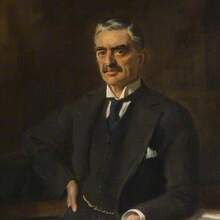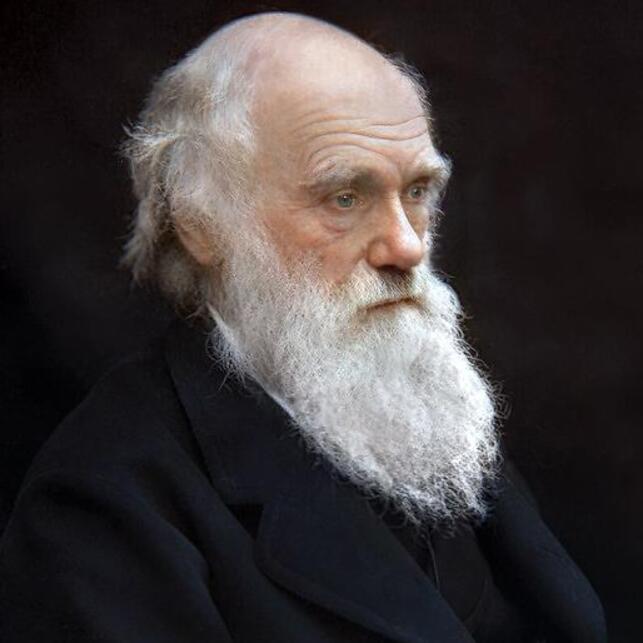
Personal
Other names:
Job / Known for:
Naturalist, geologist, biologist
Left traces:
The theory of evolution by natural selection
Born
Date:
1809-02-12
Location:
GB
Shrewsbury, Shropshire, England
Died
Date:
1882-04-19 (aged 73)
Resting place:
GB
Death Cause:
Heart failure
Family
Spouse:
Emma Wedgwood (m. 1839)
Children:
William Erasmus, Anne Elizabeth, Mary Eleanor, Henrietta Emma, George Howard, Elizabeth, Francis, Leonard, Horace, Charles Waring
Parent(s):
Robert Darwin and Susannah Wedgwood
QR Code:
 My QR code:
Charles Robert Darwin
https://DearGone.com/10216
My QR code:
Charles Robert Darwin
https://DearGone.com/10216
Key Ownner:
Not yet supported by key owner
Show More
Rank
Users ranking to :
Thanks, you rate star
Ranking
5.0
1
About me / Bio:
Show More
Article for Charles Robert Darwin
Died profile like Charles Robert Darwin
Comments:
